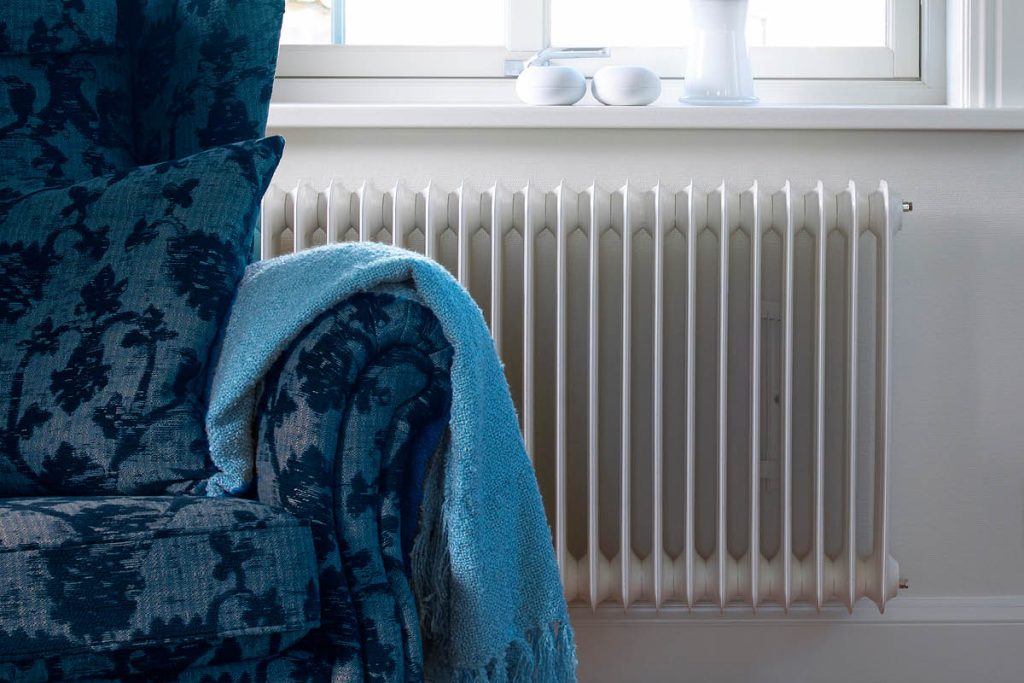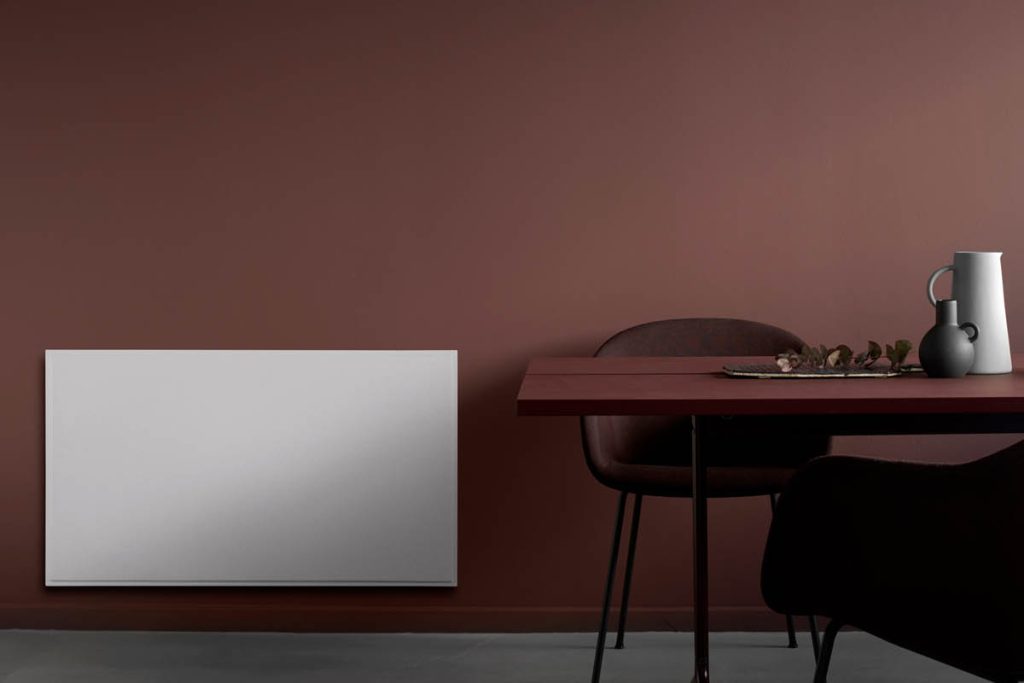
Quality radiators can last a lifetime. Most without needing repairs, if they are bled out every now and then. Still, sooner or later the day will come when the radiator's life is at its end and it's time to replace it.
And here it's important to be aware as it's not much fun to be without heat in the middle of winter while the replacement needs to take place. So - here are five signs that indicate that it might be time to replace your radiators.
If your radiator is making more noise than usual, or the sound has changed, it may be a sign that it is time to replace it. Loud and unusual noises can be a sign that the radiator's internal system is backing up or failing. It could also be a sign that something is wrong with the circulation pump or the heating system in general.
If it takes longer than usual for your radiator to heat up, it could be a sign that it is losing its performance, and that you should consider replacing your radiator within a set timeframe. Especially if you have tried bleeding it and it does not change anything.
Are there small puddles or visible water droplets under or around your radiator? Or has it started to rust around the valves or pipes, then this is a sign of a beginning leak. A small leak can develop and over time cause your radiator to stop working completely. It is therefore a good idea to keep a close eye on it, have it repaired if possible or eventually change it to a new one.
A good working radiator would not need to be bled more than once a year. If you find that you need to bleed it more often, this may be a sign of increasing radiator or heating system failure.
If several radiators in your home need bleeding more frequently, this could be an indication that there is a problem somewhere in the supply line. If this is the case, you should contact an installer who can assess whether flushing the heating system and radiators is sufficient or whether you need to replace them.
The heating bill has become more expensive for most people in recent years. But if you have experienced an unjustified increase without you having turned up the heat more than you usually do, it could be a sign that your radiators are less efficient and therefore need to be replaced.
If you experience one or more of the above signs, it is a good idea to contact an installer to have your radiators and heating system examined.

If you are in the process of having your heating system upgraded, it is worth considering whether you should also have your radiators replaced. If your radiators are older, they may need to be replaced soon anyway, so why not do it at the same time. In addition, not all old radiators are equally good or energy efficient, so if you are in the process of replacing your heating system, it could also be an advantage to get better and optimized radiators.
If you are in doubt about the wear and tear of your radiator, you are always more than welcome to contact us for our best advice and assistance.





